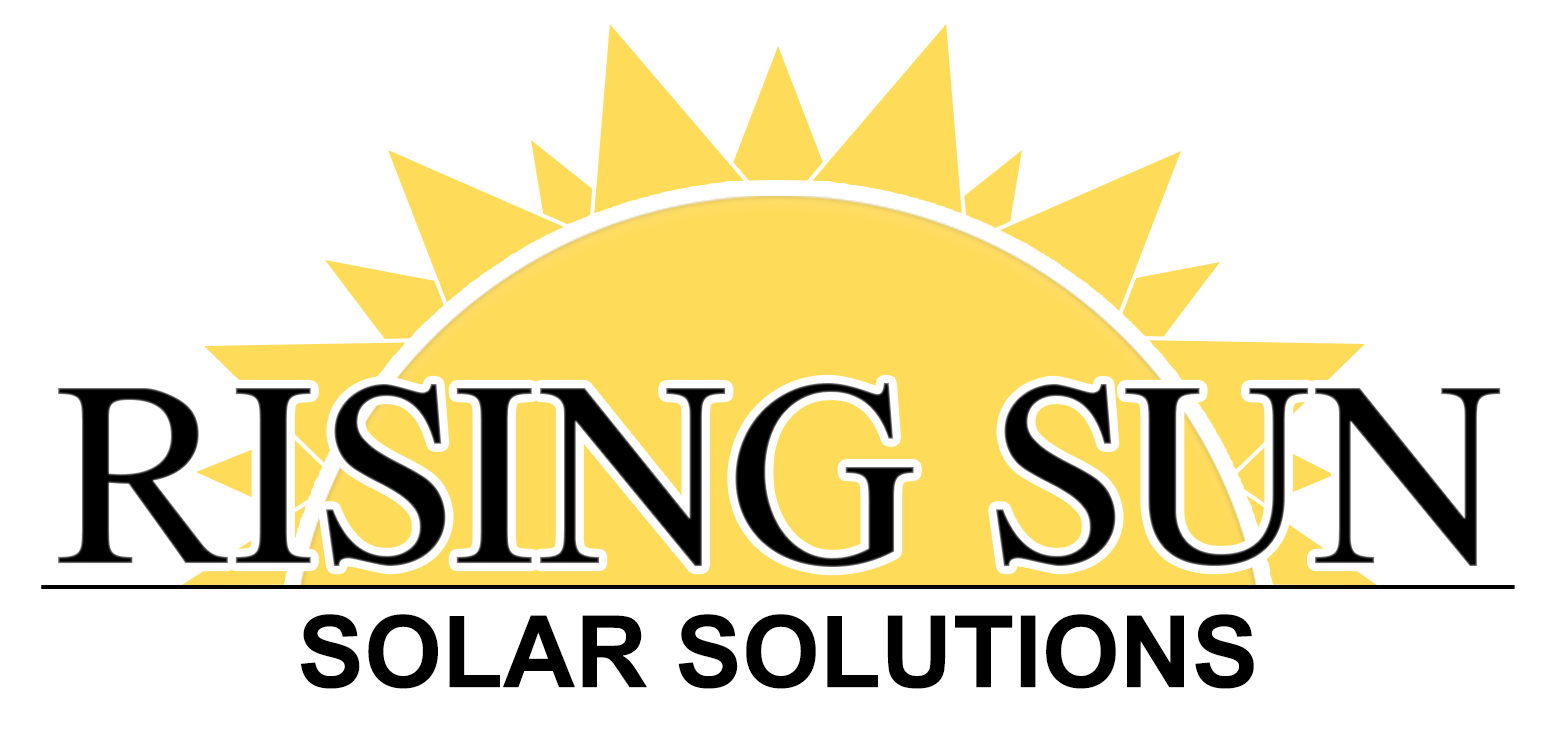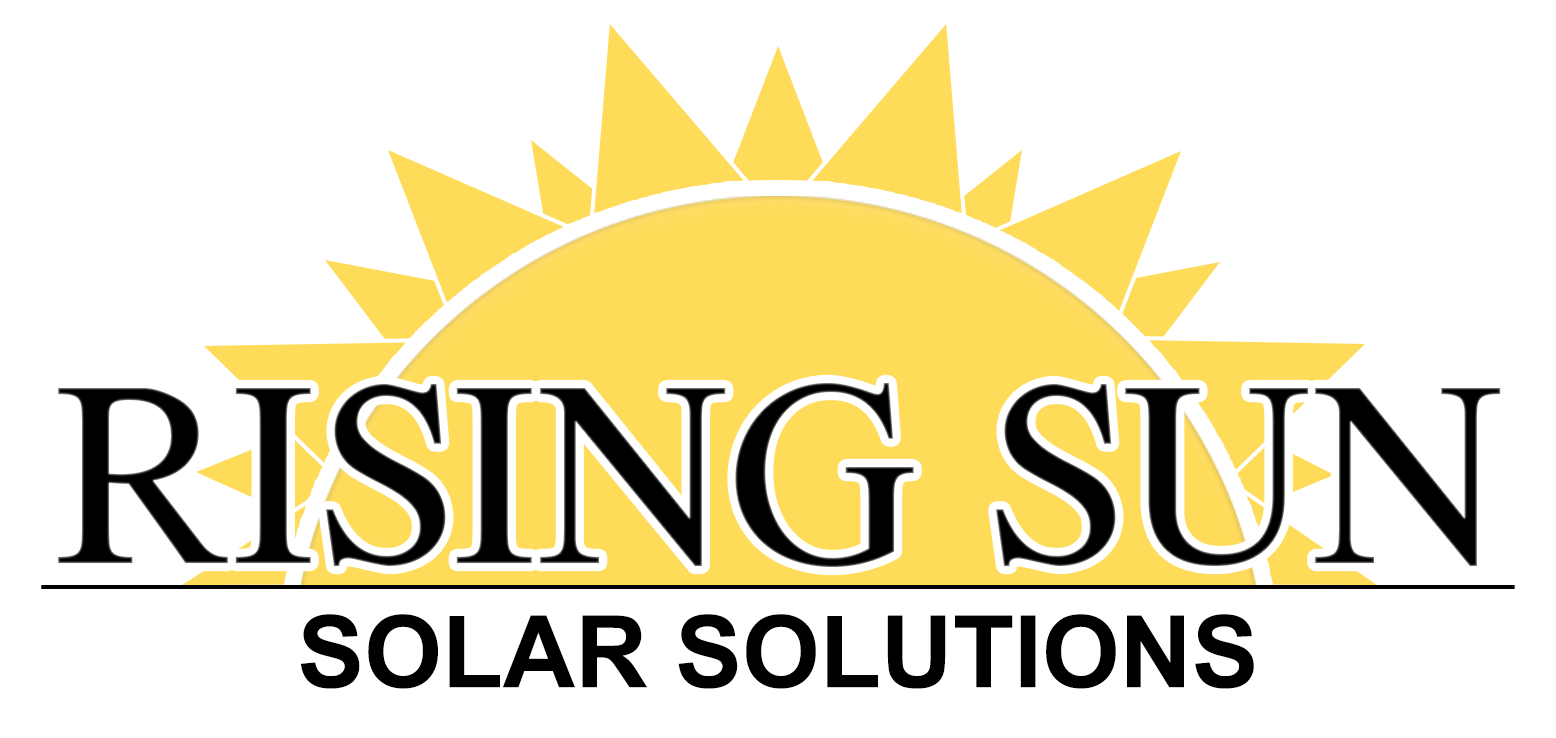Solar FAQ
Pre Installation
- Should I get solar panels?
We certainly think so! But seriously, solar energy is the future of sustainability.
Unlike using electricity/gas that generates it energy through finite resources, solar is natural and never diminishes. This makes it cost-effective and reliable (the sun’s rays are never going away!)
Solar panels are also are great investment. Because you are generating the energy that you will use to power your home, you are cutting out the middle man. You don’t need to pay the utility company to supply you with energy, which means complete energy freedom!
In fact, you may even generate excess energy that you can then sell back to the grid or your local electrical company.
Plus, by supplying your own energy, you are lowering your utility bills to as much as $0. This means eventually (in an average of 10 years) your solar panels pay for themselves in energy savings!
- Is my house good for solar?
Knowing if your house is solar ready depends on the condition, orientation, slant of your roof as well as the available space. In addition, factors like the shading and the tree location can also determine how suitable your home is for solar.
Consulting with our team will ensure that your home is a perfect fit for solar. We will assess your property for free to analyze your energy needs to design a custom solar layout for you as well.
- How many solar panels do I need?
Great question!
The number of solar panels differs for each home. You will need to answer a few questions to understand your energy needs and energy output potential:
How much power do you need? Decide whether you want to go 100% solar or just supplement the electricity from your utility company. You will need to know the amount of kilowatt hours (kWhs) you use monthly and yearly to see how many solar panels are required to accommodate your energy usage.
What is the weather like in your area? The number of sunny days vs cloudy or rainy does may affect how much energy your panels can absorb.
How many hours of direct sunlight do you get on your roof? This is where slant, orientation, and shading come into play.
Our experts will help you answer these questions to get the perfect amount of solar panels for your home to meet your energy goals.
- Do solar panels need direct sunlight?
The short answer is no. Solar panels do not need direct sunlight to work. However, they do work best with direct rays.
Solar panels operate by absorbing visual light, so they are most efficient under clear skies and when the sun is facing them. On cloudy days or if the sun moves past the angle of your panels, they will still absorb photons but in smaller amounts.
This is why we work diligently to find the most optimal space for your solar panels. By doing so, we limit the number of panels you require to achieve top efficiency.
- Why do we ask for electrical usage average?
Your average electrical usage helps us design the perfect solar panel layout for your home.
The amount of energy you use shows us how many solar panels you need to match that amount, whether you desire coverage of 100%, 30%, or anywhere in between.
Sending us your historical electrical bills for the last 12-months will give you a more accurate quote for your solar panel installation because your energy usage can change throughout the year.
Installation
- How long does solar installation take?
The solar installation itself usually can be completed in 1-3 days, depending on the size of the job. Preparing for your solar installation may take a few weeks. This period includes the following steps:
- Complete site survey and energy analysis
- Customize solar layout design
- Apply for permits and utility interconnection application
- Apply for solar incentives
We will then set a date for your installation and tell you exactly how many days it will take to complete your project.
- What is included in a solar energy system installation?
We offer high-quality equipment to complete your solar energy system that includes:
- Photovoltaic(PV) solar panels– used to collect photons from the sun’s ray and turns them into direct current (DC) electricity.
- Inverter– distributes energy and turns DC into alternating current (AC) electricity to be used within your home.
- Solar Meter– used to monitor your solar production to ensure optimal efficiency.
- Electrical Panel– directs energy to parts of your home, otherwise known as a fuse box.
- Battery Storage (optional)– you may choose to include battery energy storage as part of your solar unit. This allows you to store excess energy for later use like at night or during cloudy months.
- Electric Vehicle (EV) Charging Unit (optional)– uses the AC electricity from your inverter to charge your electric car at home.
- How much energy does one solar panel generate?
One solar panel generates between 250 to over 400 watts, depending on their size. This means that the solar panel outputs an average of 1.5 kilowatt-hours (kWh) a day.
To get the highest efficiency, we use SolarEdge inverters and solar panels that can produce as much as 100% or more of your home’s electricity.
- Can I add more solar panels to my system after installation?
Yes, you can always expand your solar unit even after the initial installation.
If you find that you need more solar energy output, we can reassess your panel layout. This may require a larger inverter or an additional system, depending on how much more energy you want to produce.
In addition, you may also add battery storage to your solar unit to store excess energy.
- What if I need roof repairs with solar panels?
If you need roof repairs with solar panels then we can help.
During this process, we take the solar panels off where the repairs need to be done. Once the roof is repaired, we reinstall the panels back into place.
Financing and Solar Incentives
- What is the difference between buying vs leasing solar panels?
When you buy vs lease solar panels, the main advantage is that you own your unit.
We do not offer leasing options because we want our customers to receive the full benefits of going solar and you can only get them when you buy your solar panels.
Some of the other main differences include:
- Buying may qualify your unit for solar incentives.
- Leasing disqualifies your unit from most solar incentives.
- It is more difficult to sell your home with leased solar panels.
- With a leased unit, you don’t have control over your solar panel layout or expansion options.
- Ownership leads to long-term investment benefits like an increase in home value and excess energy selling options like net metering and solar renewable energy credits.
- What are solar incentives and how do I receive them?
Solar incentives are initiatives promoted and funded by local or federal governments that offer monetary rewards and credits for residents that install solar on their homes or businesses.
These incentives make it more affordable for homeowners and business owners to install solar while making communities more energy efficient and sustainable.
Incentive requirements depend on the program and location of your home or office. It is best to apply for incentives within the same year as your solar installation.
We can help you apply for Maryland Solar Incentives and Pennsylvania Solar Incentives as well the the Federal Tax Credit.
- What solar financing options are available?
We offer two solar plans that include an upfront purchase and a solar loan.
A solar purchase includes:
- Full Ownership
- Qualify for Solar Incentives
- 25-year Manufacturer Warranty
- 10-year Installation Warranty
- No Monthly Payments
A solar loan includes:
- Full Ownership
- Qualify for Solar Incentives
- 25-year Manufacturer Warranty
- 10-year Installation Warranty
- $0 Downpayment/Low Interest Rates
No matter what solar finance option you choose, we ensure that the plan is right for your budget and energy goals. Give us a call to discuss your customized plan today.
- Do solar panels add value to your home?
Yes, a Zillow home-selling study found that houses with solar sold at a price 4% higher than ones that didn’t.
More and more people are wanting to go solar, so if they can find a home with panels already installed it is an attractive addition.
Adding solar panels to your home is a smart home upgrade investment, more so than remodeling your bathrooms and kitchen as homebuyers look for energy efficiency just as much as aesthetics.
Solar panels also make your home energy-independent and cost-effective for potential buyers as utility companies continue to raise the price of electricity.
- What is the average cost of solar panels?
The cost of solar depends on the size of your solar unit and your energy needs. The average solar panel price for a Maryland or Pennsylvania home ranges anywhere from $18,000 to $30,000 before solar incentives are applied.
To get a more accurate estimate, we would need to assess your electricity bills over a 12-month period. We would also examine your property to design your solar panel layout.
The total cost of solar can be offset by solar incentives. You may also qualify for a $0/down, low-interest solar loan to help you get solar on your budget.
Get a free estimate here.


